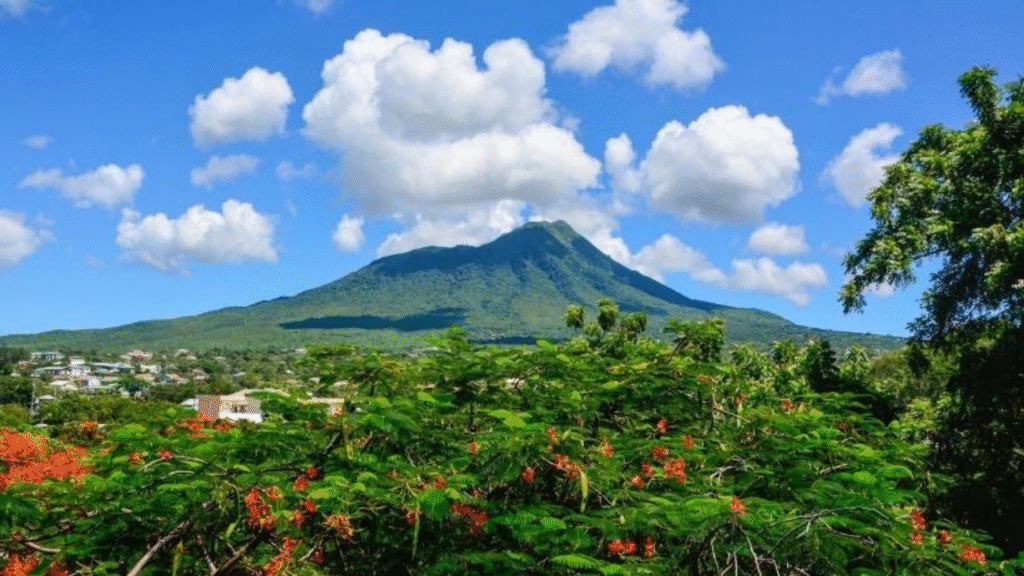Caribbean states are turning to new, innovative solutions to diversify their economies. Jamaica is linking its agricultural sector with tourism to create a sustainable economic nexus, and St Lucia has approved the creation of a sovereign wealth fund. Nevis, part of the twin-island state of St. Kitts and Nevis, has chosen its own path.
The island’s approach to diversification is marked by substantial investments in renewable energy, especially geothermal and solar, modernised agriculture, enhanced tourism infrastructure, and increased opportunities for foreign direct investment.
FDI mechanisms have been given new life by the passing of the Special Sustainability Zone (SSZ) Authorisation Bill. The bill empowers the Nevis Island Administration, led by Premier Mark Brantley, to designate SSZs that integrate sustainability and infrastructure standards directly into their design.
These geographically defined areas place high standards at the heart of their construction to promote sustainable development alongside economic growth. When these zones are observed in combination with major investments into renewing key infrastructure, the island’s plan to progress is clear: attract high-quality foreign investment and create lasting job opportunities, with potential across both traditional industries and emerging digital sectors such as blockchain.
Offering support to investors, Premier Brantley’s administration provides concrete incentives such as tax breaks, subsidies, and grants to accelerate the energy transition, showing that they are serious about attracting mutually beneficial investment.
Crucially, the island’s approach to development is not tied to one sole area. Nevis is also working to become part of the Caribbean’s fully sustainable island nation, with a target to power itself with 100% renewable electricity by 2030. Critical to this target is the landmark Nevis Geothermal Energy Project.
The project will generate enough power for Nevis to export excess supplies to neighbouring islands. The NIA has secured a landmark $37 million geothermal energy partnership with Saudi Arabia in order to realise this vision.
Nevis is further taking advantage of its natural assets through agricultural initiatives that target food security and the adoption of modern farming techniques. New livestock facilities have enabled self-sufficiency in food production and expanded meat and fish output, and major events such as the annual Agri Expo position Nevis as a hub for knowledge sharing.
The message is clear: Nevis is taking its development into its own hands by maximising the economic mandate provided by its semi-autonomous status.
At the regional level, the Caribbean’s innovation race will undoubtedly become more competitive as countries look to diversify their economies and accelerate their development. In the face of such competition, one thing is evident above all: Nevis is not waiting for the region to act or for bigger players to give it permission.
Instead, the island is showing the way forward for sustainable development.
This industry announcement article is for informational and educational purposes only and does not constitute financial or investment advice.













